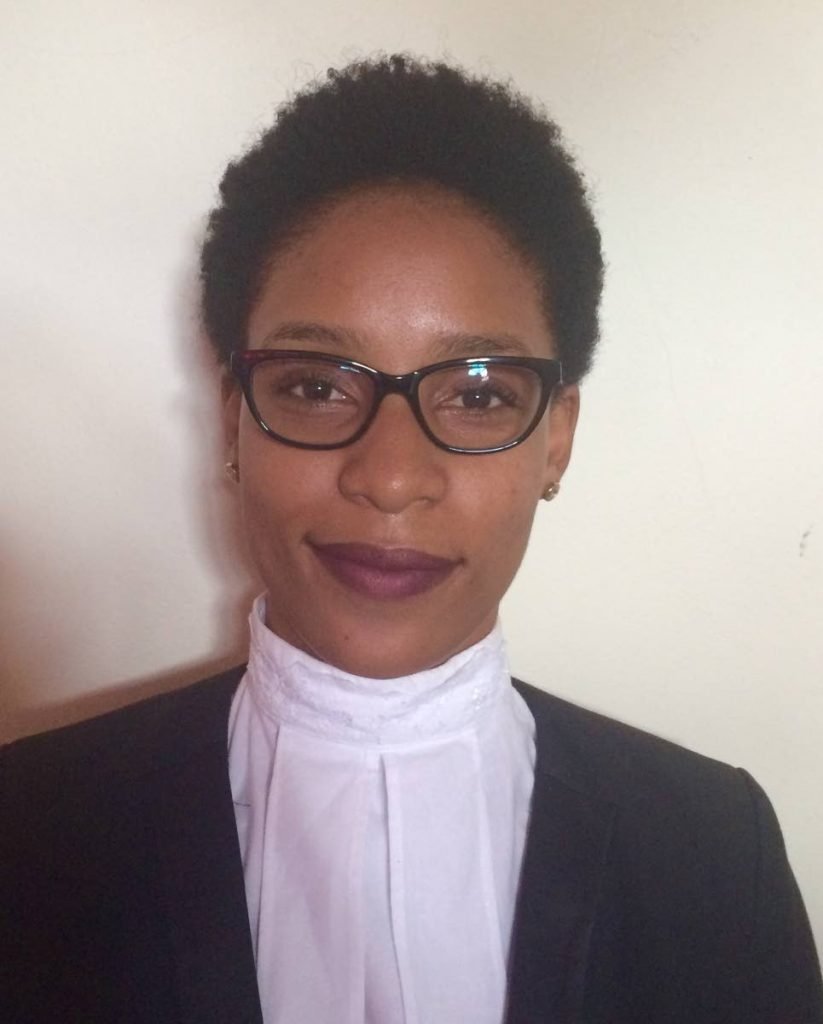The role of a witness in court

KANISA GEORGE
The process by which evidence is formally examined before a judge or jury to decide guilt, also known as a trial, is akin to a well thought out theatrical production. Besides a perfectly written script, wardrobe that must adhere to strict rules, and a set that guarantees the integrity of the proceedings, the actors and their roles and functions hold significant importance to the production's overall success. One group of actors of notable mention are the unsung stars who bring the stories to life.
These individuals aren't the masters of advocacy, but the witnesses who have seen it all, heard it all and have come forward to put the truth to the test. In a trial, be it criminal, civil, or family, the witness is the star of the show.
Think about it this way, could the perpetrators responsible be brought to justice without the man on the corner waiting for a taxi at the time of a hit and run? Well, the chances in some cases are slim to none. The fact remains that without witness statements in a negligence claim or eye witness testimony in a shooting, evidence of wrongdoing might never be unearthed.
Witnesses are essential, for without them, the scales of justice might remain perpetually off-balanced. The public duty they perform has far-reaching consequences not just for the aggrieved and the wrongdoer involved, but also for wider society. As notable as the job may be it isn't always a simple task. Several factors impact a witness and their ability to give evidence, which ultimately affects the trial outcome. Age, disposition, and the psychological impact of witnessing an incident could severely impact a witness and their testimony.
When we witness an incident, especially a violent or highly emotional one, our senses are significantly impacted by what we see, hear and interpret. This is sometimes based on our own experiences or by our emotional well-being leading up to witnessing an incident. Anxiety or stress is almost always associated with real-life crimes of violence. And a study conducted by Clifford and Scott found that memory accuracy could be affected by the stress and anxiety associated with the event.
For decades, psychologists have studied the malleability of memory and its impact on the legal system. Psychologist Elizabeth Loftus conducted cognitive research, which focused on memory and eyewitness testimony and how this could be impacted by post-event information. The study found that information gained during an event and information acquired after the event may distort memories and potentially create a false impression. With the passage of time this is susceptible to change and can impact the validity of a witness's testimony. This coupled with various forms of interrogation and other information available about the incident might potentially distort one's initial perception of the incident and adversely impact their testimony.
In a perfect world, a witness would be articulate, literate and confident enough to withstand the ferocity of cross-examination. But sadly, this isn't an ideal world, and witnesses are sometimes afraid or unable to adapt to the formality of the court setting or might simply be unwilling to give evidence due to threats or feelings of general displeasure.
People who feel increased anxiety when giving evidence would be less likely to follow the proceedings clearly and may provide an inaccurate account of what they witnessed. There is also the potential for witness intimidation or the risk of the witness facing serious harm. Some witnesses may simply have a change of heart and may no longer wish to proceed with the trial. A disposition of hostility might be adopted, causing a witness to depart from what was previously reported.
Vulnerable witnesses such as children are of great concern to courts in most jurisdictions due to their age, mental capacity and other factors that may influence the quality of their testimony. One study showed that courts often have apprehensions about young witnesses. For instance, how well children can provide accurate eyewitness testimony, how easy or difficult it is to mislead children into false reports, and whether safeguards put in place could address these concerns. However, research conducted by Fivush and Hudson found that children, including preschool-age children, have good memory abilities and can provide accurate and meaningful information to an investigator or trier of fact.
It's safe to admit that the challenges surrounding witnesses are glaring. But, fear not, for our legal system has numerous judicial safeguards to address these concerns and ensure that justice is achieved. But it can't go without saying that witnesses are the real stars of the legal system and without them justice might become an alien concept.

Comments
"The role of a witness in court"